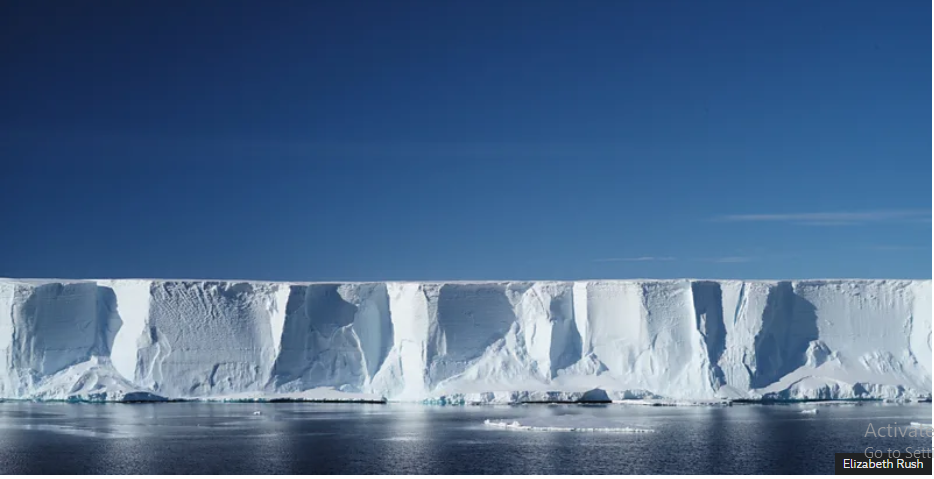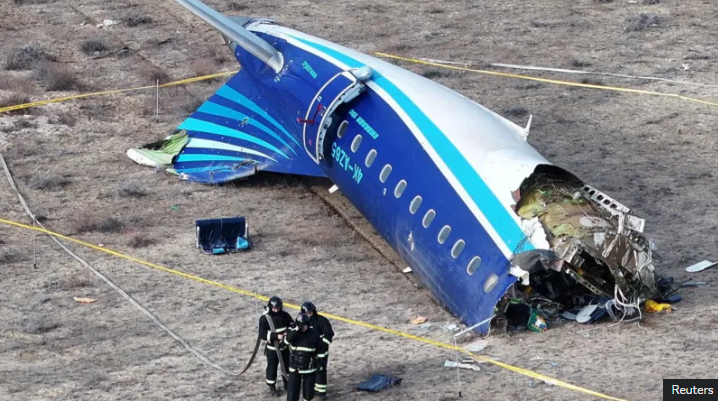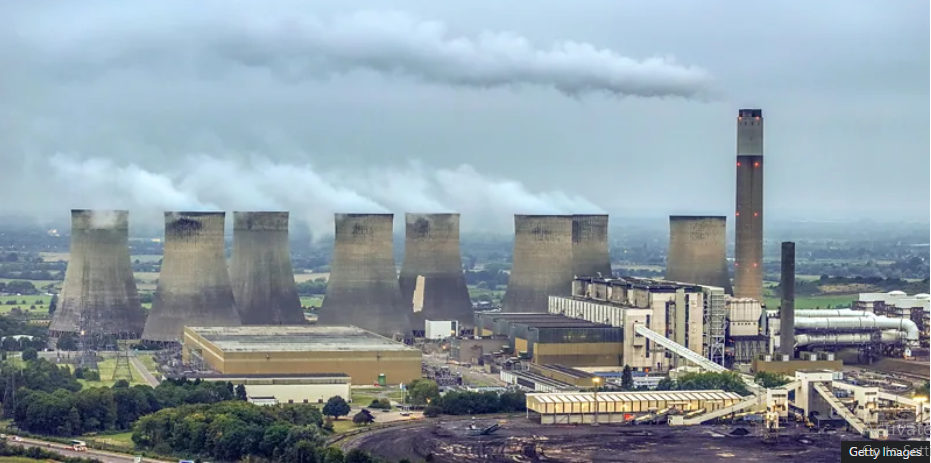In her latest book, The Quickening, the Pulitzer Prize finalist embarked on an epic odyssey to one of the most important – and least-explored – places in the world.

In 2019, 57 scientists and crew embarked on a 54-day journey to the farthest reaches of Antarctica. Their mission: Thwaites Glacier, a rapidly crumbling block of ice the size of Britain melting so fast it’s known as the world’s “doomsday glacier“.
Thwaites is currently disappearing eight times as fast as it was in the 1990s, dumping 80 billion tonnes of ice into the ocean every year and accounting for 4% of the planet’s annual sea level rise. Because of its colossal size and alarming collapse, this remote ice cap is not only considered one of the scariest places on Earth, but also one of the most important: the frozen ground zero in the global fight against climate change. Were Thwaites to completely melt, it could raise sea levels by 10ft or more, triggering “spine-chilling” global implications.
But a new study published this week suggests that the the so-called doomsday glacier may not be disappearing as quickly as had once been feared – though it is still rapidly vanishing. Instead of the glacier’s ice cliffs soon collapsing into the ocean like a row of dominoes, the new study offers a somewhat more hopeful – if still dire – timeline of its disappearance. “What we are seeing with Thwaites Glacier right now is a disaster in slow motion,” polar scientist Mathieu Morlighem, who led the study, told The Conversation.
One of the people who participated in the once-in-a-lifetime journey to Thwaites in 2019 was Elizabeth Rush, whose vivid, poetic book about climate change, Rising, was a finalist for the Pulitzer Prize. Rush’s latest book, The Quickening, chronicles this historic voyage to Thwaites’ calving edge – a frigid, far-flung place never-before visited by humans.
The calving edge of Thwaites Glacier had never previously been visited by people (Credit: Elizabeth Rush)
Rush sat down with BBC Travel to discuss her Antarctic odyssey, how it changed her perception of the world and the ethics around travelling to some of the Earth’s most fragile ecosystems.
Where is Thwaites glacier and how did you first hear about this expedition?
Thwaites Glacier is this really enigmatic place in Antarctica. It’s in the far reaches of the Amundsen Sea. It was a four-day journey to the nearest research base. When I signed up to be part of this mission, my programme officer said to me, “You know, it’s easier for us to get help to folks working on the space station than it is just to get help to you guys if you have trouble.” There’s concern that Thwaites is entering a rapid period of collapse, but the reality is that no one had ever been to [its calving edge].
I applied to be part of the mission through the Antarctic Artists & Writers Program. They send usually two writers or artists per year to Antarctica, and I put together a 60-page application. There was a paragraph-long footnote to my application that was like: “I write about sea level rise. I want to go to these different places in Antarctica and see the sort of sea level rise firsthand.” I was very lucky I was given the last berth on this ice-breaking vessel.
What kind of global effects would it have if sea levels were to rise 10ft or more?
Well, the speed with which it happens makes a tremendous difference. So, 10ft over two centuries is really different than 10ft over 40 years. The concern is really what do human beings do about it?
I’m a huge proponent of managed retreat, which is having a government entity intervene in low-lying areas and essentially purchase flood-prone homes for pre-flooding value, giving the folks who live there the opportunity to take that money and move up and in with it.
New York City has already done some managed retreat on Staten Island. The state intervened and they purchased and demolished over 500 homes on Staten Island. Eighty percent of those residents were able to take the money that they were given for their home and move elsewhere on Staten Island. We sometimes think that managed retreat is like fracturing communities, and that’s not necessarily how it plays out.
So, sea level rise is not catastrophic if we prepare for it – and that’s a big if.
















